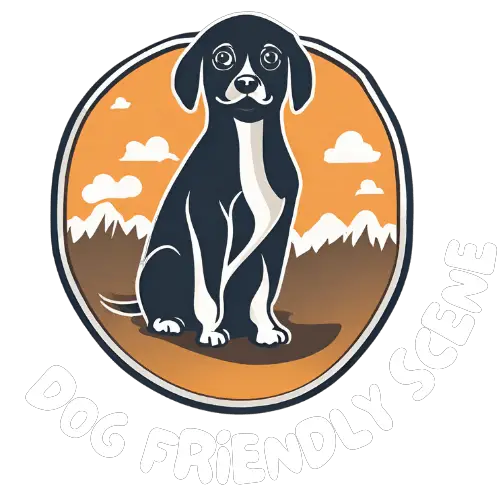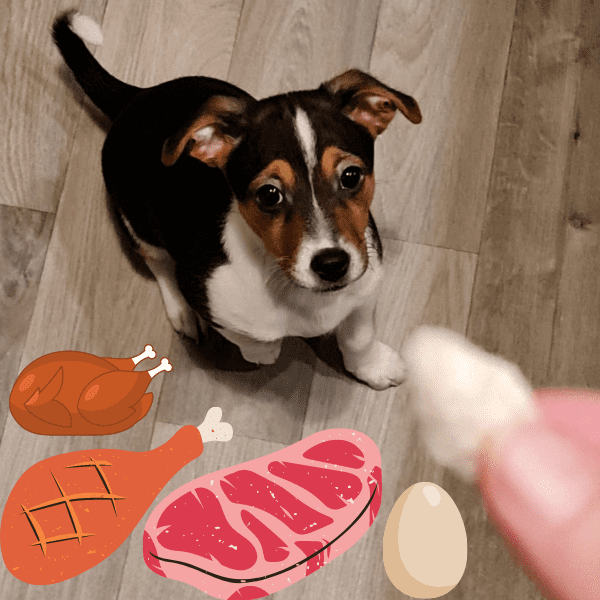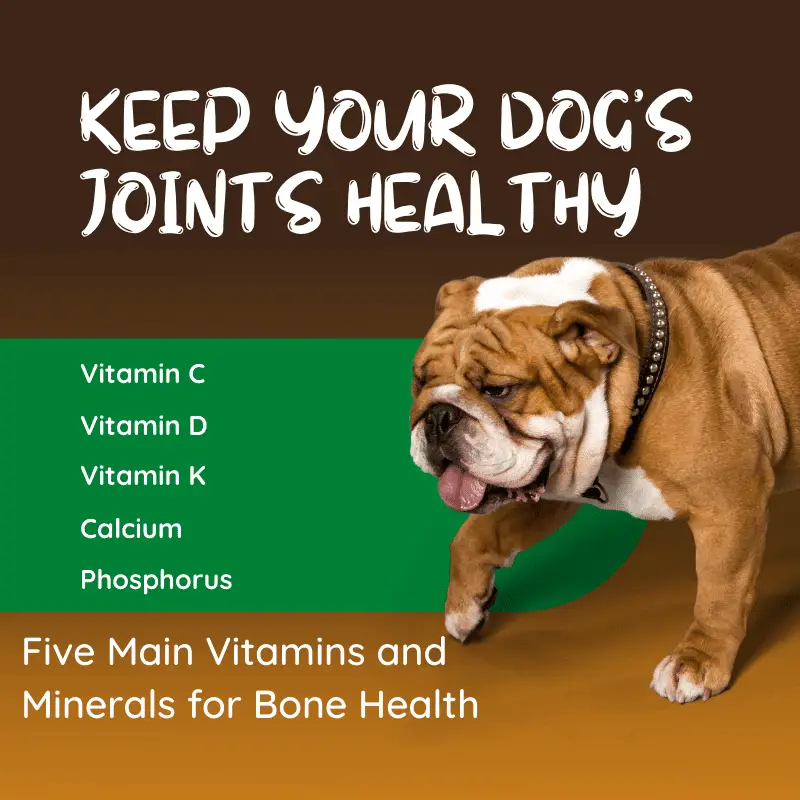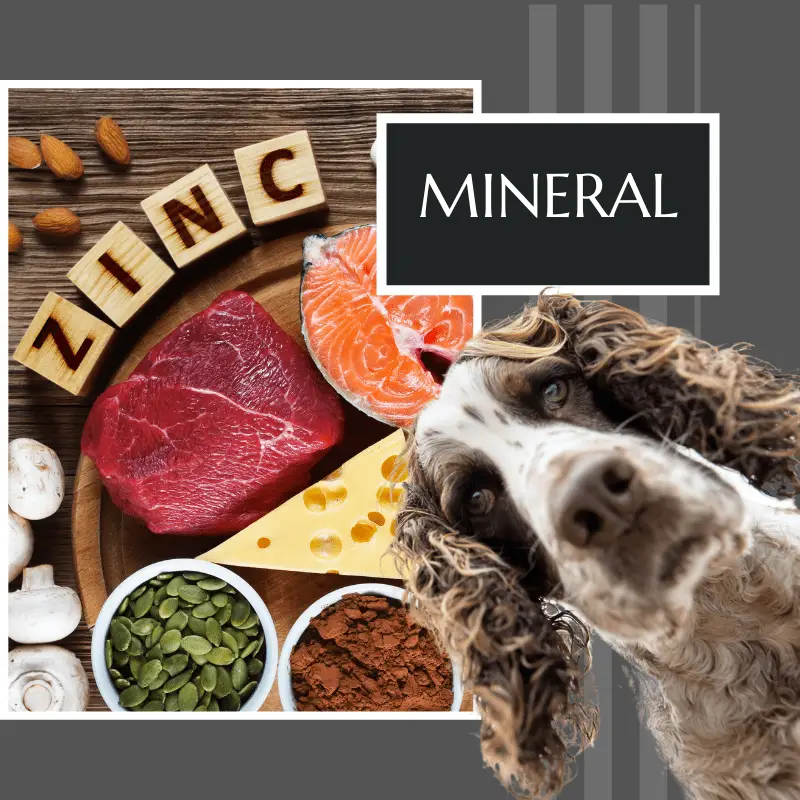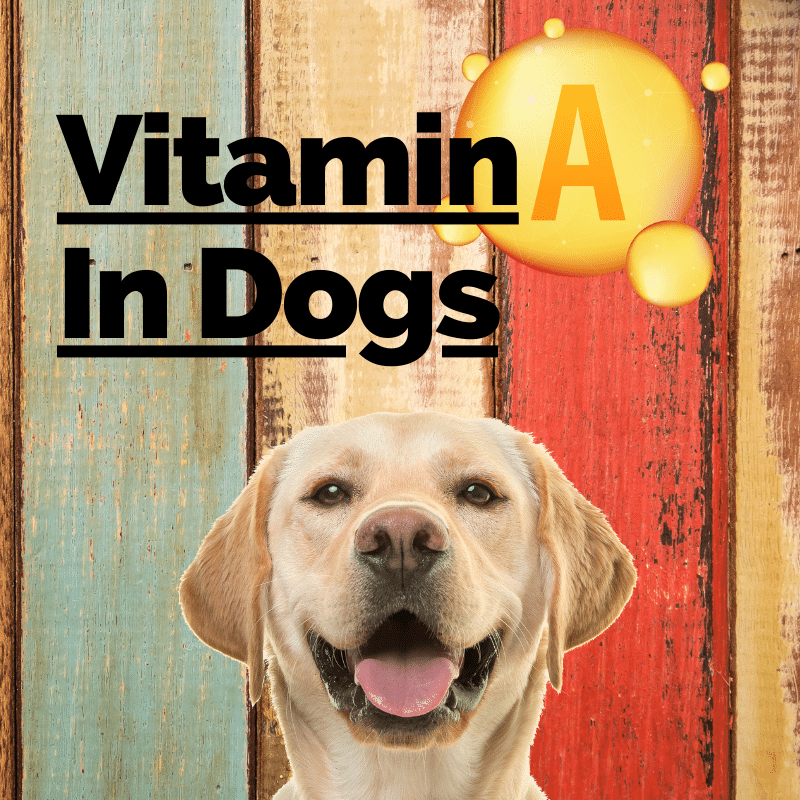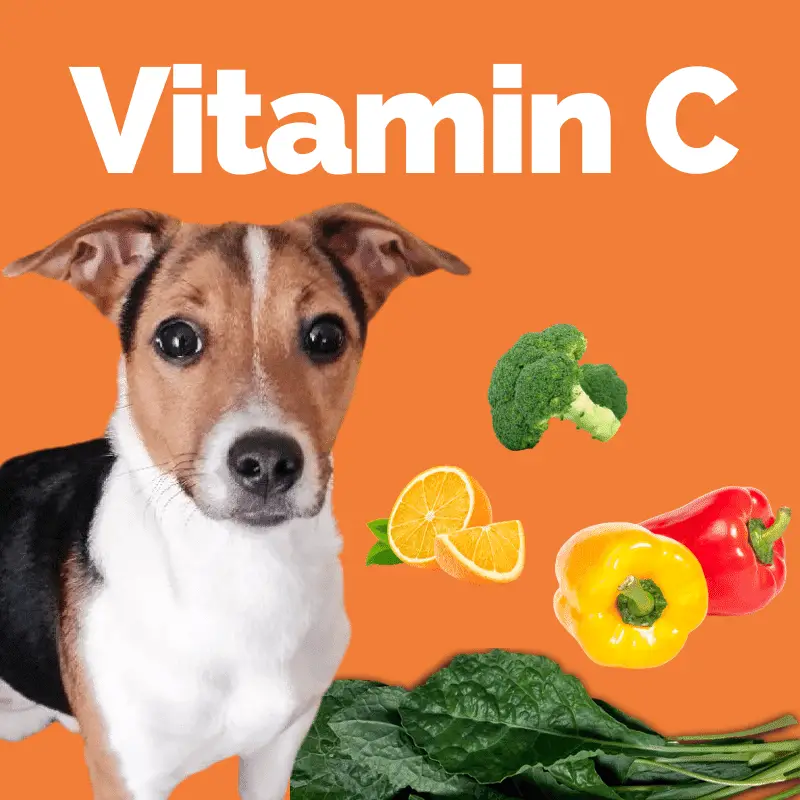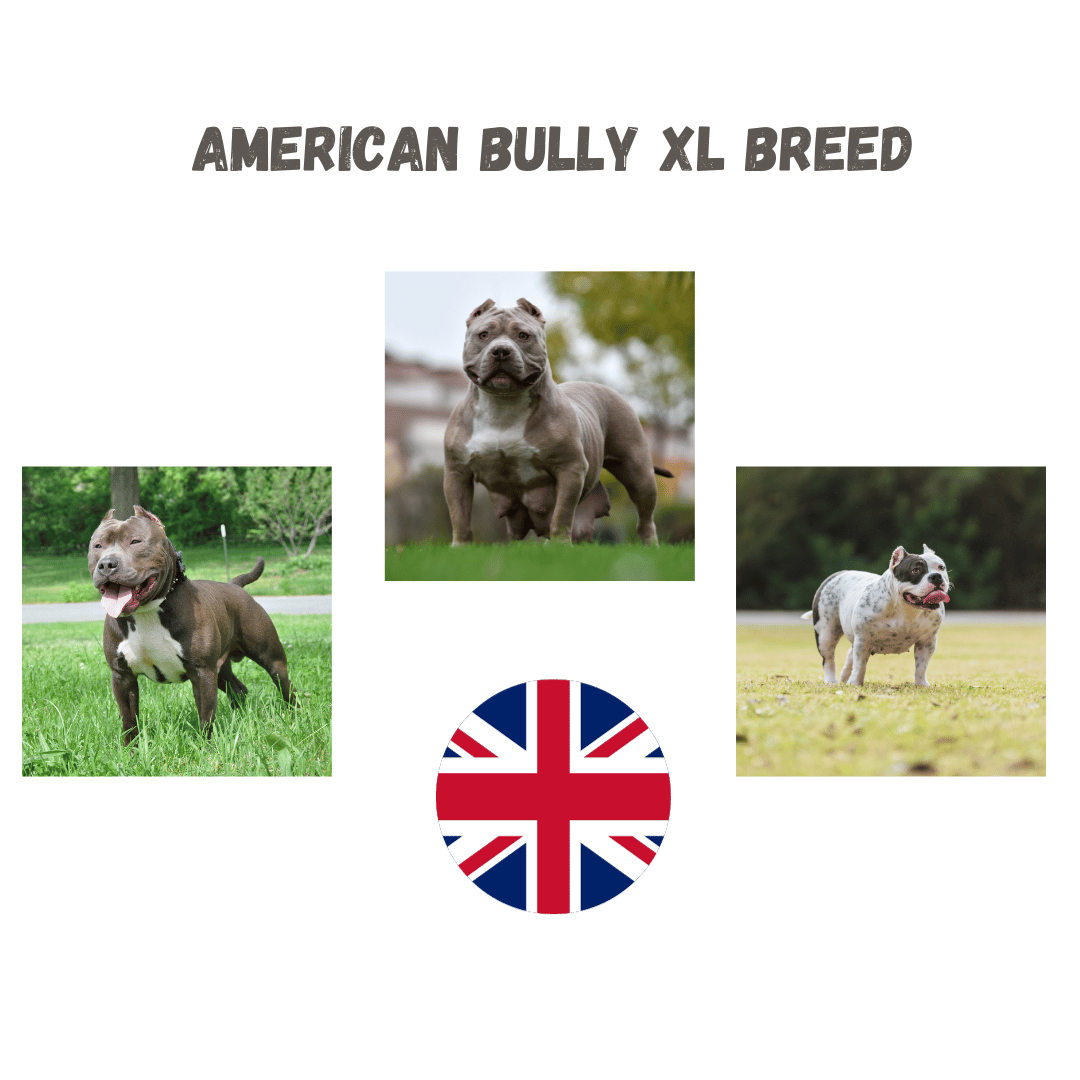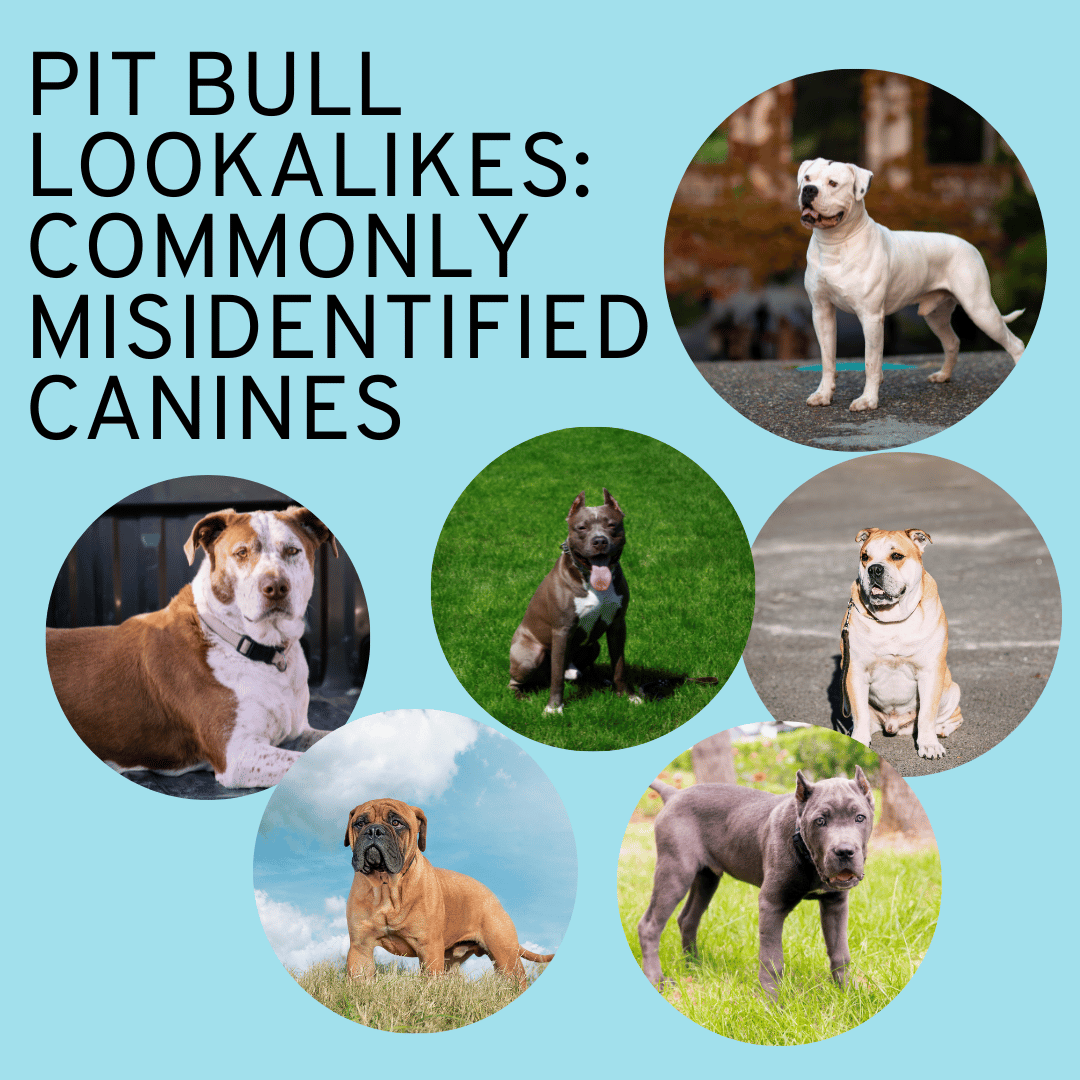Protein is the key to your dog’s survival, whether you’re making their food from home or feeding them commercial food. Depending on breed size, age and activity level for optimal healthiness.
An adult dog will be healthy if its diet consists of 20 to 30 per cent protein. However, puppies, working dogs and senior dogs need more as they have more muscle demands.
Nutrition is a critical process in the life of any dog. It ensures that they get everything their body needs to function correctly, repair and grow old with you healthy. Protein is one of these critical factors in a dog’s diet that is required.
Why Dogs Need Protein
Protein is essential in a dog’s diet. Protein carries out many functions in the dog’s body, such as:
- Muscle repair
- Maintain muscle tissue
- Skin cell renewal
- Hair growth
- Creation of hormones
- Creation of enzymes
Recommended Read: How Do Dogs Get Vitamin D?
What is Protein made of?
Protein is made up of hundreds or thousands of essential amino acids.
Altogether a dog needs 22 of them to stay healthy.
Even though a dog’s body will create many amino acids, some still need to be within the food consumed.
Deficiencies of any of the 22 amino acids will eventually lead to health problems.
Excessive Protein In Dogs
If your dog has too much protein now and then, it will be dispersed naturally through the urine. However, excessive protein over a long course will eventually lead to weight gain in dogs.
Recommended Read: Why Do Senior Dogs Need Different Food?
Extra Protein Requirements
Puppies: Extra protein is needed in a puppy’s diet to support the rate of growth and development.
If you have a puppy or an adult dog, I recommend not buying treats from the store. It is a healthier way to treat your dog, and they will love it. Protein is a good source of food for dogs. Protein Training Treats For Puppies 8 Weeks Plus (Simple, Cheap, Homemade, Choke Free & Healthy)
Elderly dogs: Elderly dogs need more protein to help support the reducing muscle mass due to ageing. The extra protein will help to stabilise the muscle tissue.
Working Dogs: Dogs that work need more protein to help support their extra muscle mass.
Protein Rich Food Sources For Dogs
To get a good variety of the variations of amino acids, you can alternate the meats and fish consumed.
- Fresh/Pure Meat
- Fish
- Eggs
- Some legumes and grains
Recommended Read: Why Do Dogs Need Fats In Their Diet?
Protein Quality
One thing I would like to make you aware of is protein quality. The quality of protein can vary significantly between food brands. When buying commercial dog food, always check the back of the label.
The best protein sources are those with ingredients stating pure or fresh name meat rather than derivates of meat.
Derivatives: Can be any part of any animal, including beak, bones, or feet added. Sometimes it can state the type of animal. However, it will still be any part of that specific animal.
Another thing to check on the back label is for the below.
Meal: Bones and other non-meat parts of an animal are ground into a powder form and added to dog food or treats. The meal is a cheap filler, and it doesn’t have good calcium quality.
If you have ingredients like meal or bone meal in your dog food, I suggest changing to better quality food. Your dog will not thrive on this food.
Ingredients like botanicals, herbs, and plants are healthy for dogs. If these ingredients are listed on the label, the company making the food cares about your dog’s health.
How much protein should my senior dog get?
Senior dogs will require a lot of protein. They need about 25 to 35 per cent protein to help support their muscles. As your dog gets older, it will lose muscle mass so the extra protein will benefit.
Recommended Read: Is It Worth Getting Insurance For An Older Dog? (Will They Insure)
Is 30 per cent protein too much for a senior dog?
For a senior dog, 30 per cent protein is a good amount. Older dogs need around 25 to 35 per cent protein in their diet to help with muscle mass loss.
Is 38% protein too much for a dog?
Yes, 38 per cent protein is a little too much for a dog of all ages and activity levels. If a high amount is consumed now and then, the dog’s body will expel the protein in the dog’s urine. Long term consuming this amount will result in weight gain.
Is too much protein bad for a senior dog?
The ideal amount for a senior dog is 25 to 35 per cent. Anything over this amount, your older dog will risk gaining weight.
Are eggs good for senior dogs?
Eggs are an excellent choice for senior dogs. They are rich in protein and have plenty of vitamins and minerals, with the egg yolk being a significant source of iron and zinc.
When cooking eggs for an old dog, never add any seasoning.
What is the best protein food source for dogs to digest?
Chicken and eggs are the easiest for a dog’s body to digest. However, giving your dogs various meats and fish is the best way to get all the required 22 amino acids for optimum health.
Although, depending on the health of your dog, you may not achieve variation. In this case, chicken and eggs will be best to digest.
If you want to give your dog other types of food, see my articles on what types of food are safe and not safe for a dog to eat.
Conclusion
A healthy dog is a happy dog.
Protein is an essential part of a dog’s diet.
Puppies, working dogs, and senior dogs need more protein than a standard dog.
Check the label of your commercial dog food and make sure it doesn’t have any nasty ingredients such as bone meal or poor quality protein.
Adding extra protein to a dogs diet through chicken treats
Long term excessive protein consumption will lead to weight loss.
